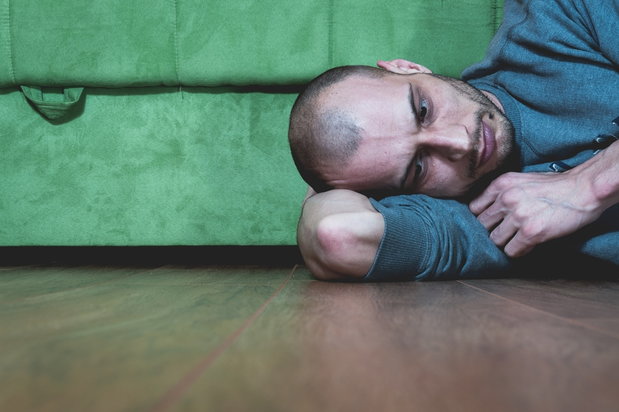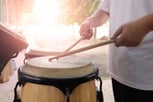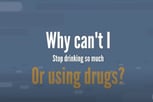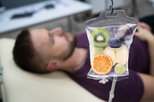In addiction recovery, relapse is when an alcoholic or drug abuser begins using again after a period of sobriety. Relapsing can be a "minor" slip like drinking or taking drugs once and then and returning right back to sobriety. It can also mark the end of being clean as the drug habit becomes introduced once again.
The goal of sobriety is to remain drug or alcohol free. Recovery begins again after a relapse and continues from that point forward. Few can consider themselves clean from their original stopping date because continuous recovery means there have been no drugs or alcohol used by the addict.
When Is an Addict Most Likely to Relapse?
Staying off drugs is always challenging; however, certain factors can make relapsing more likely:
Early recovery: The early days and months of recovery are fragile. When the addict has more experience with getting high than staying clean, they are at high risk. Furthermore, an addict is also battling both physical and emotional dependency. Therefore, a good reason for treatment is removing the addict from their environment. Treatment centers provide detoxification and emotional support for an addict to learn new behaviors and coping mechanisms.
Long term addiction: The longer an addict has been using or drinking, the harder it is to break old habits when they get clean and sober. They can be at high risk for relapse because they are used to getting high. Their life has revolved around it for a long time.
Pain Medication: Use of prescription medications can cause an addict to relapse. Pain medication may become necessary for an addict, due to injury, surgery or dental work. When this is the case, an addict would do well to use the guidelines set below.
Celebrations: During holidays, celebrations, and other life events, social pressure may increase for the addict. They may need to attend functions where drinking is featured. They may be around old friends who are still using or drinking. There are tips below to help avoid the risks in these situations.
Stress: Most addicts drink or use to combat the stress of daily living. There are tools to prevent relapse when dealing with stress in recovery.
Signs of Addiction Relapse
Relapse doesn't have to sneak up on you. Being aware of the warning signs can help you monitor your moods and feelings before relapse happens.
- Irritable, short-tempered, or impatient attitude
- Isolating, not responding to others’ calls or visits, not showing up for scheduled events
- Claiming illness, not going to work or family events, staying at home alone frequently
- Loss of enjoyment in daily living, depression, withdrawal from favorite activities
- Sleeping too much or not at all, lack of appetite or overeating, untidy appearance
Avoiding Addiction Relapse
You can be proactive in getting the help and support you need so relapse does not occur.
- Start your day with a healthy habit, like breakfast and reading some literature that teaches more about sobriety.
- Find a sponsor or mentor who can teach you how to get through the early days of recovery
- Find others who can support you when you think about drugs or alcohol. Phone calls to others who give sober support can really help. Collect phone numbers of clean and sober friends or family members.
- Find something productive to do with your time. Volunteer, work out more often, do things that increase your self-worth and keep you from temptation.
- Consider residential treatment or intensive out-patient treatment. You have to retrain the addicted brain with new behaviors. Meeting other people in recovery. This can be of great benefit for older addicts and those who use daily.
- If pain medication is needed, explain to your doctor, nurse or dentist about your addiction and recovery. They may not understand your situation or addictive tendencies. Ask that prescriptions be limited to a few pills. If more are needed, ask them to be available to. Consider have a trusted friend or family member dispense the medication to you as prescribed.
- Be aware of celebrations. When weddings, parties, or gatherings are happening, how are you going to cope if drugs and alcohol are around? Have a game plan and exit strategy.
- Handle your stress in productive, healthy ways. Take a class. Learn to meditate. Call your sponsor or trusted friend.
Staying sober is hard work. It is not something that automatically happens once an addict decides to stop using. It is a struggle, sometimes more than other times. When faced with challenging situations, go to a support group meeting, call a sponsor or sober friends and family members, and find a healthy activity that takes your mind off drugs and alcohol. As you learn to navigate life clean and sober, you will find tools that work for you. Keep them handy and use them freely. But know that relapse does happen. Being self-aware can help you handle certain triggers when temptation crops up. And you or a loved one relapses, that it's okay too. Sobriety is a journey and you can begin again.
If you or someone you know is seeking help with addiction, please visit our directory of treatment centers or call 866-606-0182 to start the path to recovery today.








